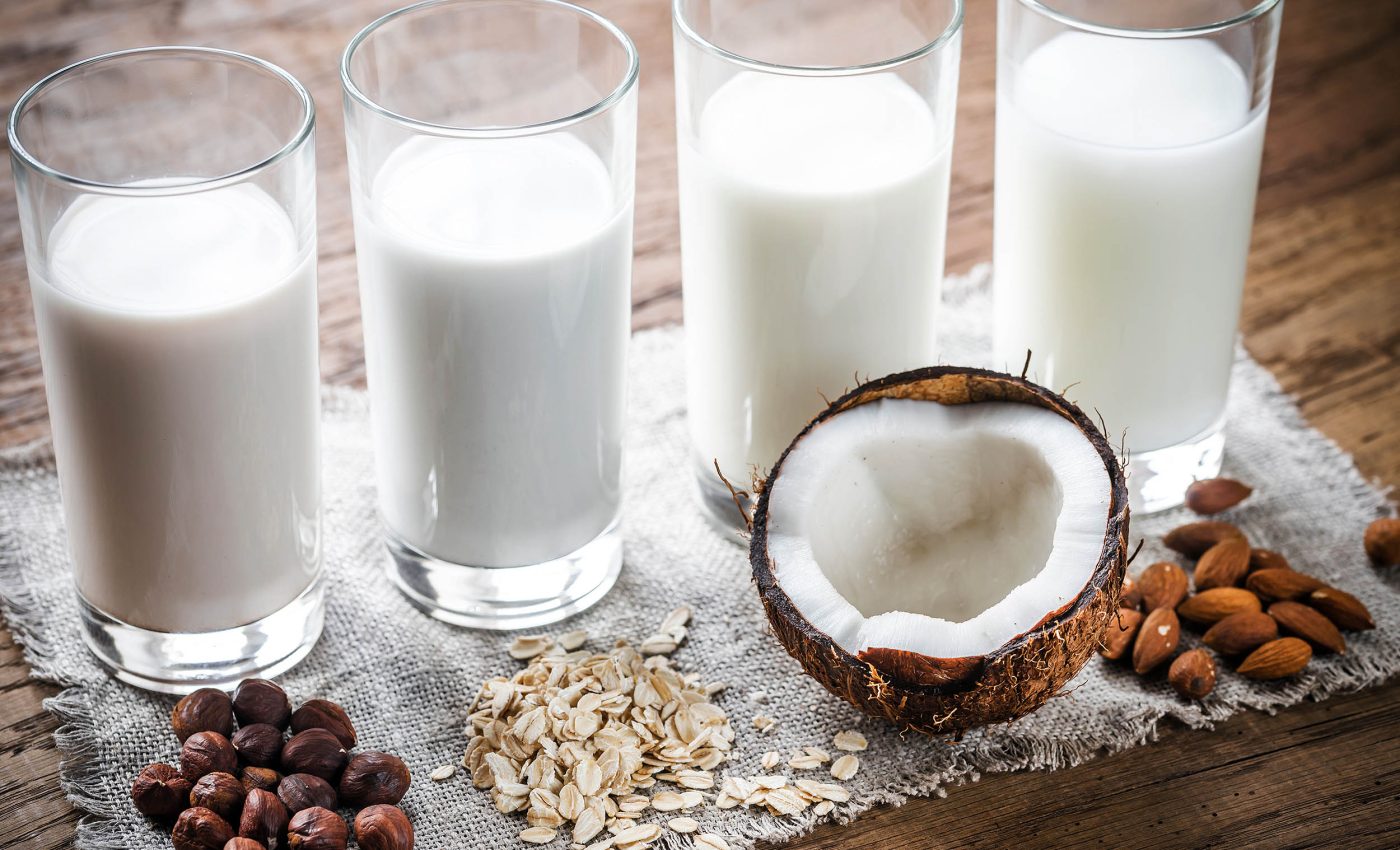
Some types of plant-based milk are linked to mental disorders like depression
Vegans who replace cow’s milk with soy, almond, or other plant-based alternatives may face a higher chance of mental issues like depression and anxiety than individuals who drink cow’s milk regularly.
This finding emerged from a recent investigation of lifestyle patterns and mental health outcomes among hundreds of thousands of adults in the United Kingdom.
Mental well-being of milk drinkers
Scientists explored how different milk types might be linked to mental and emotional well-being over more than a decade.
Milk is consumed by billions of people worldwide, making it a major part of daily diets. After reviewing participants’ intake habits, researchers noted intriguing contrasts in mental health.
One group that stood out was semi-skimmed milk drinkers. According to data, they had lower rates of both anxiety and depression when compared to those who either consumed full-fat or plant-based alternatives.
This observation piqued the interest of Dr. Chunying Wu from Southern Medical University, who authored the study.
Shifting to non-dairy beverages
In recent years, many individuals have turned to non-dairy beverages. They cite environmental, health, or ethical concerns in their decision to avoid traditional cow’s milk.
Yet evidence suggests some of these milk alternatives may not provide the same mental health benefits. One explanation involves nutritional content.
“Milk is a rich source of nutrients such as lactose, lipids, protein, and minerals, which are essential for maintaining human health,” wrote the scientists from Southern Medical University.
Plant-based options, on the other hand, often differ in protein levels and might include added ingredients that influence mood.
Calcium and serotonin
Researchers found that cow’s milk delivers calcium in a form that supports pathways involved in serotonin production. Serotonin, sometimes called the body’s “feel-good” molecule, helps regulate mood and stress responses.
“Serotonin is a chemical that plays a role in the brain with respect to mood and mental health. The most popular group of antidepressant medications promotes the absorption of serotonin,” the authors explained.
As a result, consistent calcium intake can potentially improve these natural coping mechanisms. Some plant-based milks also offer calcium, but the level and bioavailability may vary.
Saturated versus unsaturated fats
Milk is rich in saturated fats. Semi-skimmed milk reduces the proportion of these fats but still retains valuable fatty acids that might help protect the brain.
Compared to the full-fat version, semi-skimmed appears to occupy a middle ground of moderate fat content without the potential drawbacks of excess saturated fat.
Meanwhile, plant-based milk alternatives can sometimes include added sugars or other compounds that may have unexpected effects on mental well-being.
These additives, while often enhancing taste or texture, may inadvertently interfere with the body’s natural hormone regulation, potentially impacting emotional stability.
Potential impact on dopamine
In addition to serotonin, dopamine plays a key part in focus and reward-related behavior. Studies have suggested that high levels of certain saturated fats can alter dopamine signaling, which may contribute to mood disorders.
Semi-skimmed milk, with its reduced saturated fat, may avoid some of these mental effects and maintain a healthier balance of essential nutrients.
Scientists suggest this balance could hold the key to the lower rates of depression and anxiety seen among semi-skimmed milk consumers.
Varied mental health benefits of milk
While findings point to fewer mood challenges for people who choose semi-skimmed over other varieties, each individual’s mental health picture depends on much more than beverage choice.
Genetics, life stressors, sleep, and socioeconomic circumstances all contribute.
Researchers emphasize that food-related decisions are just one facet of psychological well-being. They recommend that people remain mindful of their overall habits and consult healthcare professionals when making major dietary shifts.
Practical considerations
Experts often promote a balanced diet that combines fruits, vegetables, whole grains, and moderate dairy. Semi-skimmed milk could fit neatly into many people’s meal plans.
Individuals who prefer plant-based options may benefit from checking labels for calcium and protein levels, as well as added substances.
Though no single approach will suit everyone, looking at subtle dietary factors might pay off for those hoping to support a healthy outlook.
Future research on milk’s mental benefits
Additional research may help clarify whether semi-skimmed milk truly provides extra mental health benefits.
Controlled clinical trials could investigate how this option affects depression or anxiety in different subgroups, such as older adults or those with pre-existing conditions.
Researchers also note that genetics can make some people more vulnerable to certain dietary impacts. A closer look at these details might inform tailored recommendations.
Looking ahead
Many are interested in how small tweaks to daily meals might lift or lower spirits.
This study urges people to pay attention to milk choice, especially if they already feel down or tense. Substituting semi-skimmed for full-fat or plant-based beverages could make a subtle difference for some.
Experts look forward to future work that explores how simple changes in milk type and eating patterns might support better mental well-being. Further investigation of these connections may help people shape diets that support mental balance.
The study is published in the journal Frontiers in Nutrition.
—–
Like what you read? Subscribe to our newsletter for engaging articles, exclusive content, and the latest updates.
Check us out on EarthSnap, a free app brought to you by Eric Ralls and Earth.com.
—–













